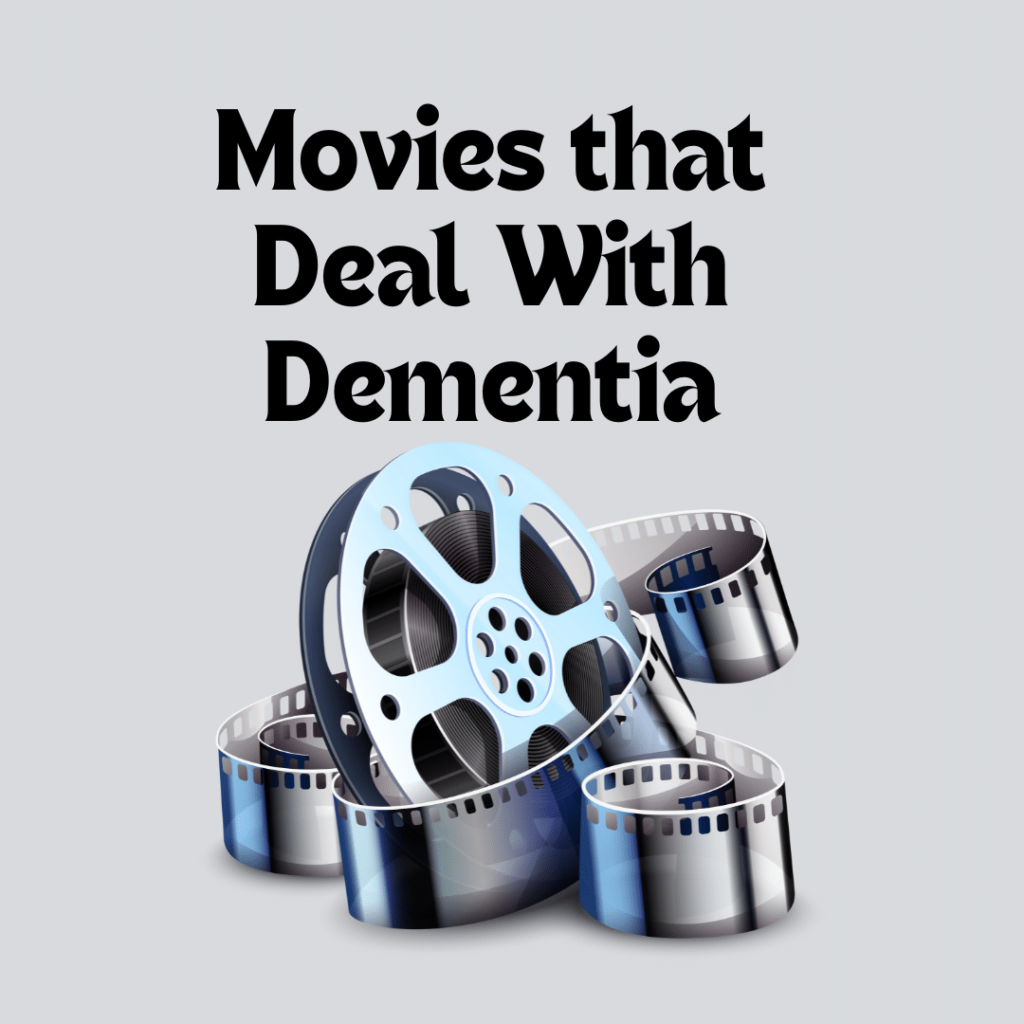Dementia is not a single disease. It’s an overall term to describe a collection of symptoms that one may experience if they are living with a variety of diseases, including Alzheimer’s Disease. Many face dementia-related issues at the end of their lives and others find themselves as caregivers. Yet, a study published in 2014 found that movies failed to show dementia accurately and may reinforce stereotypes.
Since then, filmmakers have made an effort to portray the reality of the illness for those living with the diagnosis as well as their loved ones.
Here are a few suggestions of those films
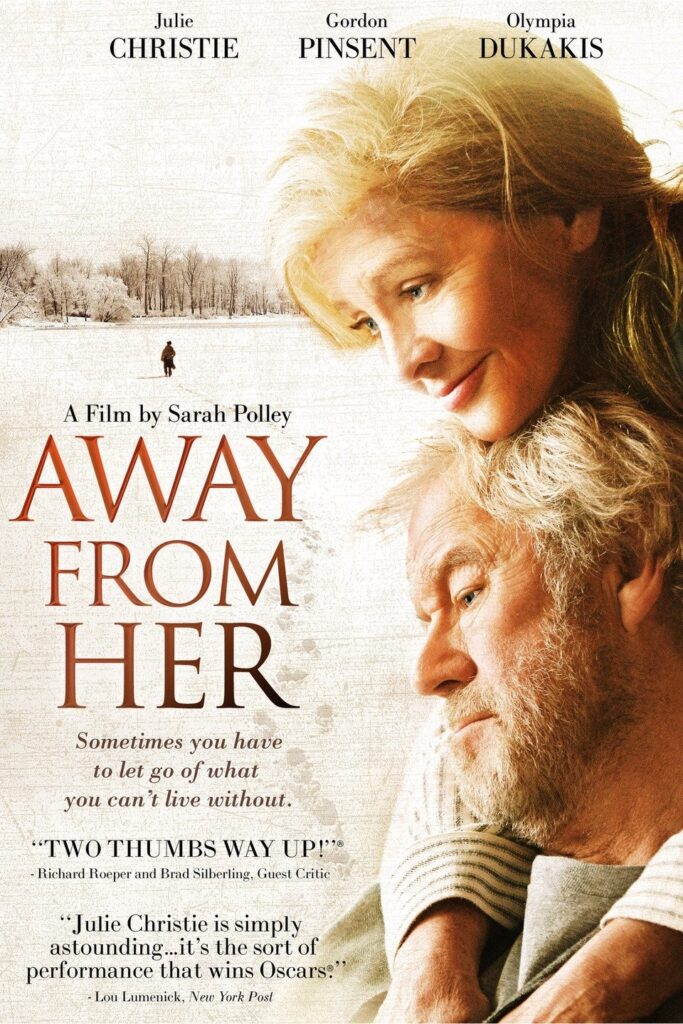
Away From Her
This story follows Grant and Fiona, a couple whose marriage is tested when the wife begins to develop Alzheimer’s and moves into a nursing home where she loses virtually all memory of her husband and begins to develop a close relationship with another nursing home resident.
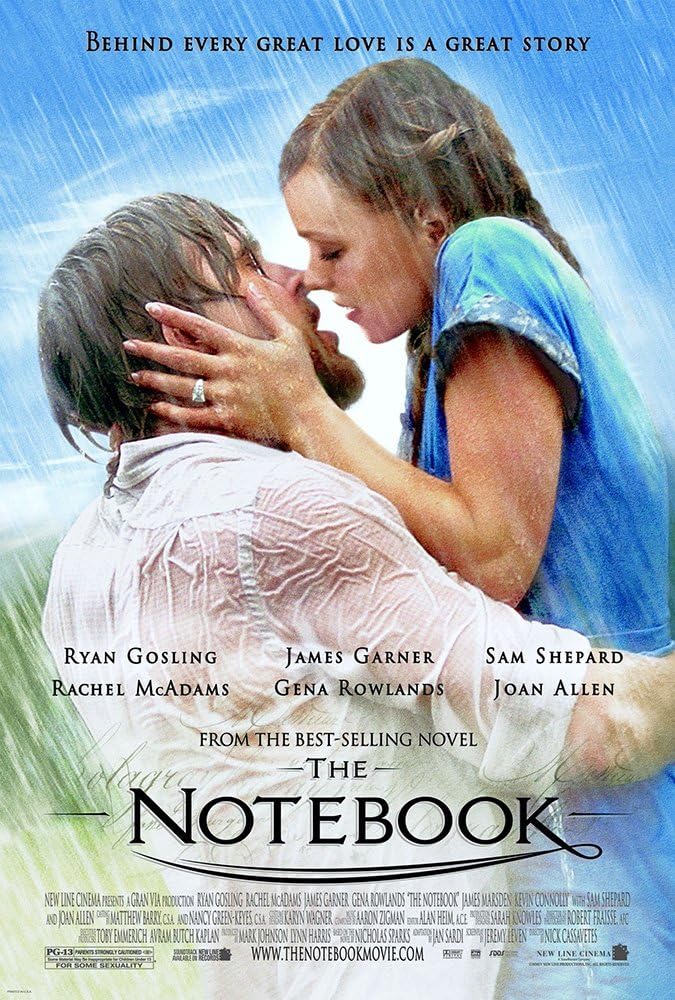
The Notebook
This movie is probably one of the best known stories that show a long-term relationship affected by dementia. It follows a young couple who fall in love in the 1940s. Their story is read from a notebook in the present day by an elderly man, telling the tale to a fellow nursing home resident. Through a series of flashbacks we realize that the couple reading the story are the same that fell in love all those years ago.

The Father
The Father is an overwhelmingly devastating depiction of the painfully progressive disease that is dementia. Anthony Hopkins plays an aging man living on his own in London and grappling with the onset of this illness. As a result, fading memories and glimpses of lucidity trigger sudden mood swings, distorting Anthony’s surroundings, loved ones, and even time.
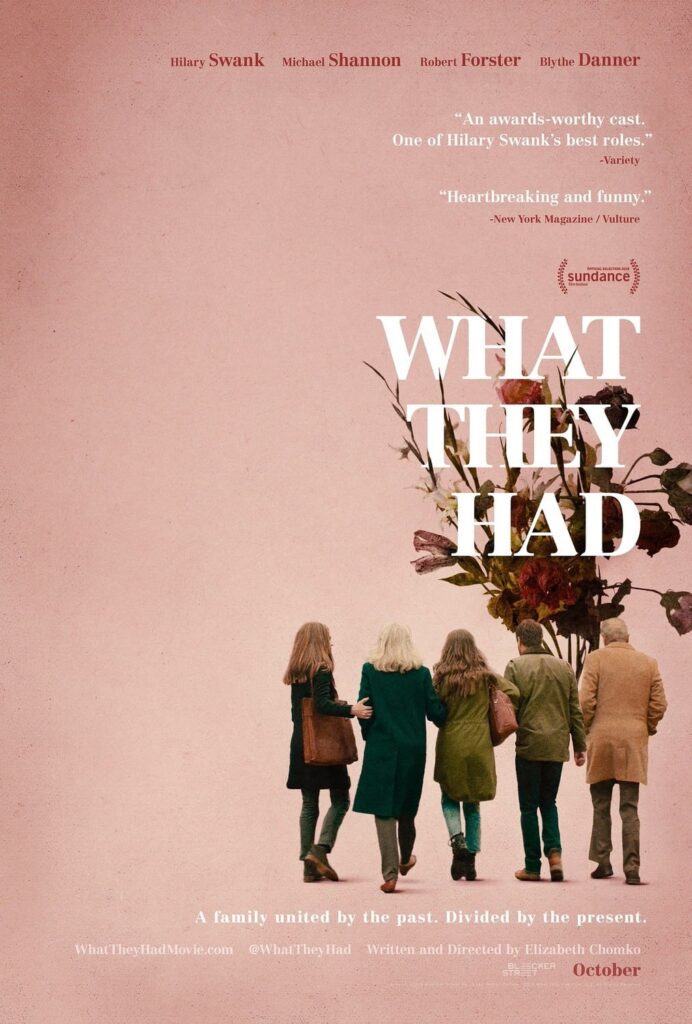
What They Had
After her ailing mother (Blythe Danner) wanders off during a blizzard, Bridget (Hilary Swank) returns to her childhood home in Chicago, accompanied by her rebellious daughter. Forced to referee between her father’s stubborn insistence that his wife remains at home and her equally determined brother’s efforts to place her in a “memory care” facility, Bridget struggles to make sense of a lifetime of family conflict. With her mother’s decline becoming increasingly obvious, long-simmering resentments bubble to the surface.

Still Alice
Dr. Alice Howland (Julianne Moore) is a renowned linguistics professor at Columbia University. When words begin to escape her and she starts becoming lost on her daily jogs, Alice must come face-to-face with a devastating diagnosis: early-onset Alzheimer’s disease. As the once-vibrant woman struggles to hang on to her sense of self for as long as possible, Alice’s three grown children must watch helplessly as their mother disappears more and more with each passing day.

The Leisure Seeker
Helen Mirran and Donald Sutherland aging, ailing couple as they take one final, ill-advised journey in their family RV that they call “The Leisure Seeker”. They travel from Boston to Florida to visit the former home of Ernest Hemmingway in one last attempt to capture their passion for life and adventure before the husband’s memory has completely gone.
Documentaries that Deal with Dementia
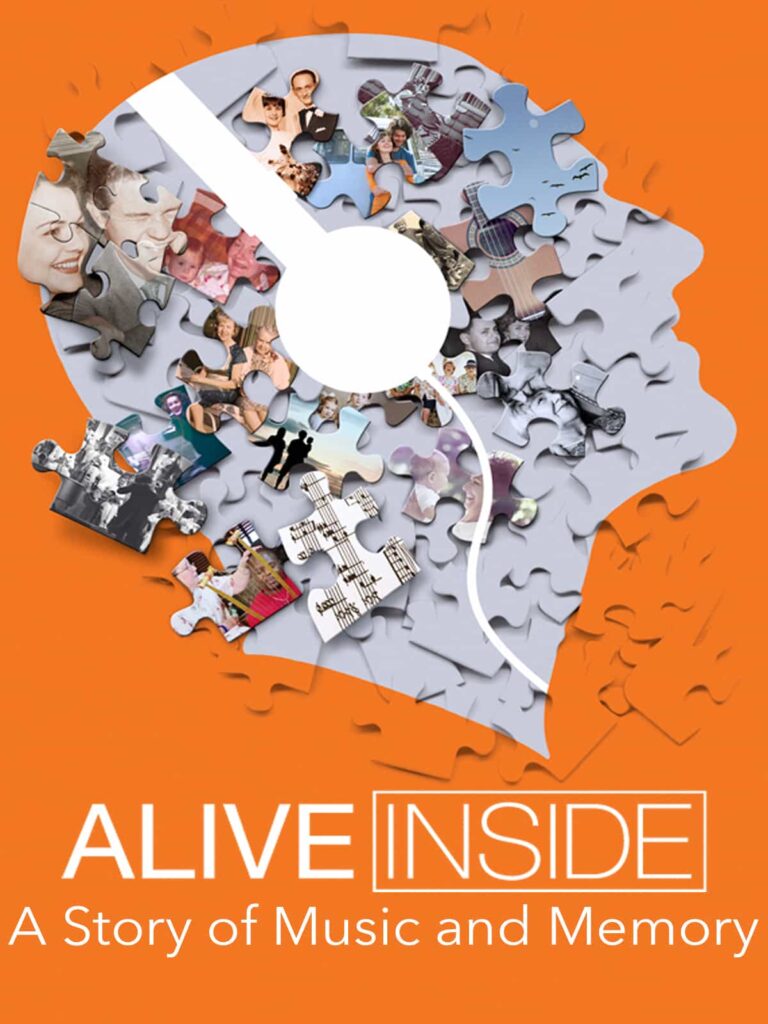
Alive Inside: A Story of Music and Memory
Social worker Dan Cohen, through his nonprofit organization Music and Memory, advocates for the use of music therapy with dementia patients.The documentary tells the story of patients and their experience with music therapy and creating personalized playlists for elderly patients with dementia based on their music preferences.
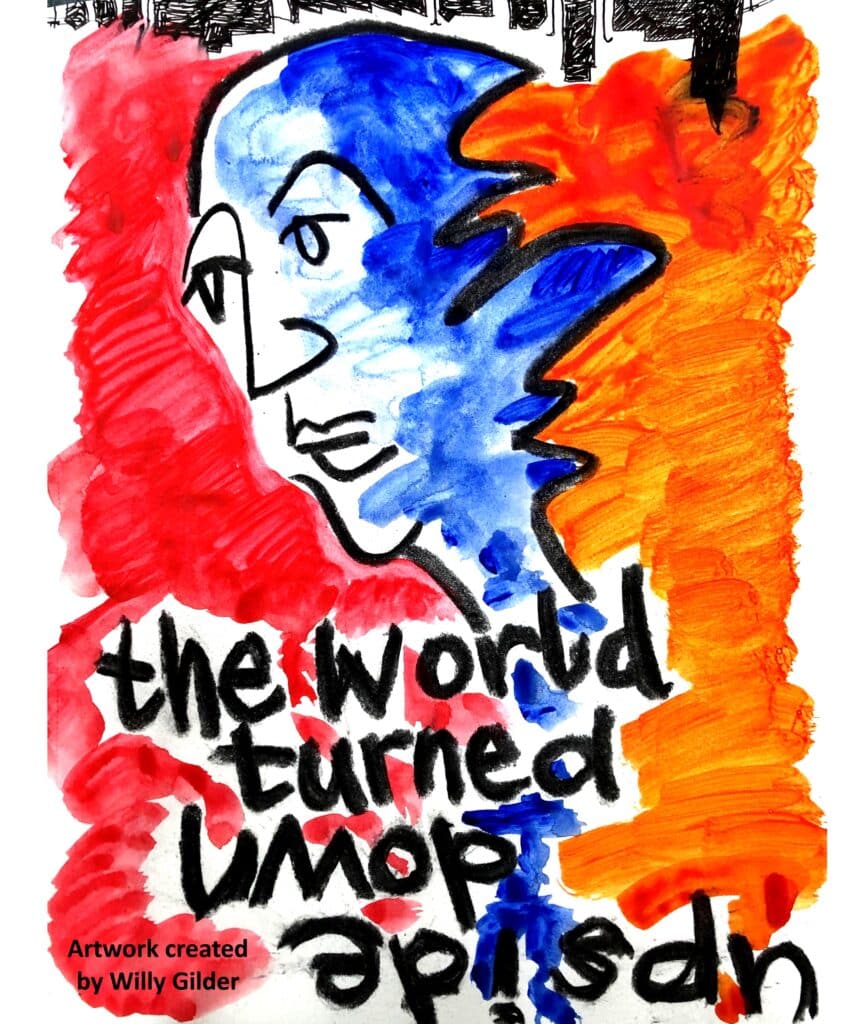
The World Turned Upside Down
This film delves into the reality of living with dementia and caring for a person with dementia. The film depicts both a play and the process of creating it, as well as the audiences’ reflections during the play.
Co-created with people affected by dementia, the play explores scenarios at different points of characters’ experiences with dementia, from getting diagnosed and sharing that diagnosis with family members to caring for a loved one living with dementia.


